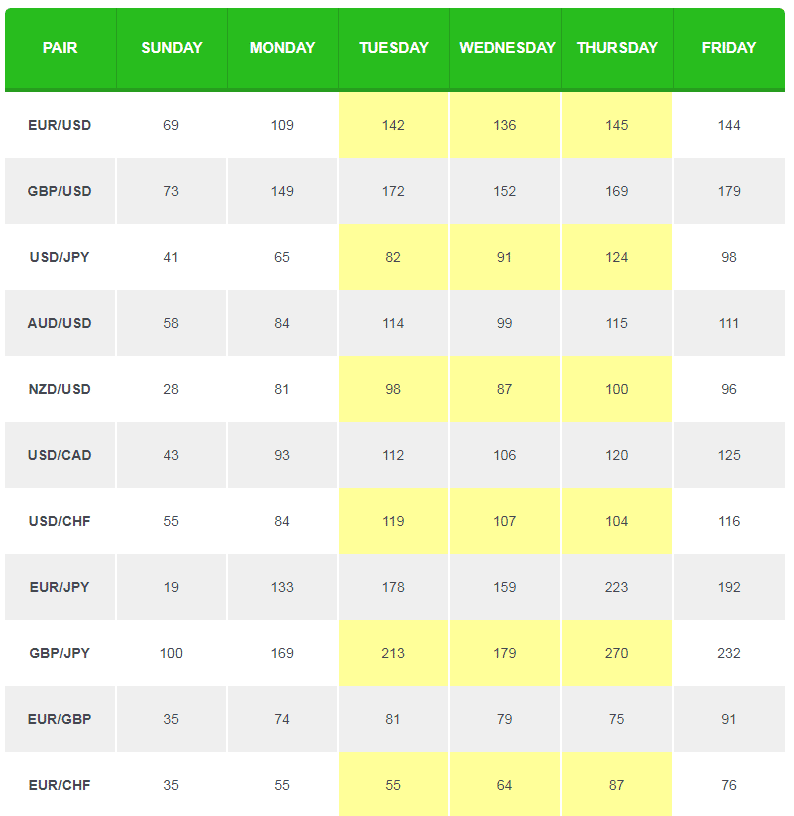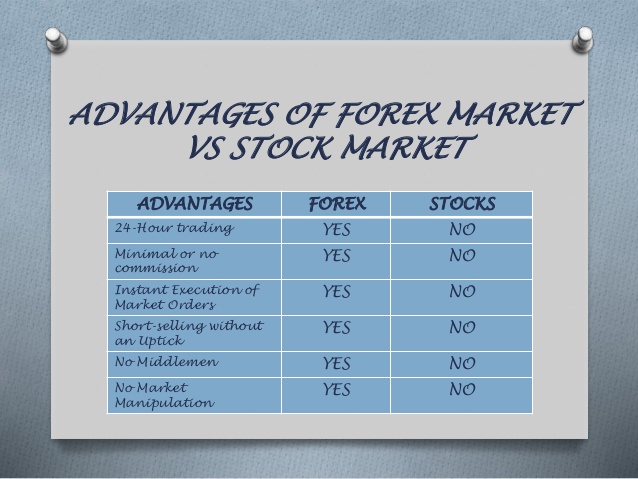
These are the basics to consider when choosing which REIT you want to invest in. Equity is the most cost-intensive source of capital. Furthermore, any additional shares could be claimed on the REIT's cashflow in the future. As such, you should carefully consider the cost to receive dividends before investing. Generally, the risk-free rate of return is the yield of U.S. Treasury bonds, but this depends on your personal preference. Another important factor is beta, or the relative volatility of a stock versus the S&P 500. Beta can be calculated over a period of months or for years.
SL Green Realty
SL Green Realty, a strong REIT with a positive dividend yield at 4.9%, is a solid investment. The company's balance sheet is strong and it doesn't have excessive debt. The company ended the second quarter 2022 with $1.3 million in liquidity. It has a fixed charge coverage ratio of 3.03X. This gives it ample financial flexibility and allows it to capitalize on future growth opportunities.
The SL Green Realty Corporation is a fully-integrated REIT that specializes on Manhattan commercial properties. It is a member of the National Association of Real Estate Investment Trusts (Nareit), which represents publically traded real estate companies. Its members include REITs, other businesses that own real estate, and research firms that study the real estate industry.

STORE Capital Corporation
If you're looking for a good REIT with a high dividend yield, STORE Capital Corporation might be worth a look. It boasts over 2,000 locations and is responsible for more than $100 million in monthly new purchases. Its business model focuses on service-oriented companies and Warren Buffett owns a large portion of it. Store Capital's CEO is quick and clear to say that the company he runs is not a traditional retail business but a REIT.
STORE Capital Corporation's EBITDA (Earnings Before Interest and Taxes) is a good measure of its overall profitability and performance. It has historically paid out 1.7% of net profits to shareholders. Analysts estimate that its forward dividend yield will be 5.17% of the current stock price. This means that shareholders can expect to earn $1.54 each share of their STORE Capital shares over the next one year.
Omega Healthcare Investors
The RSI is 81 for Omega Healthcare Investors. REITs Health Care, USA. This makes it one among the best-performing REITs in the sector. The RSI is a measure that measures share price performance over the past 52-weeks compared to other comparable stocks. The better the RSI is, the better.
Omega Healthcare Investors REIT invests in long-term healthcare properties. Its portfolio is primarily composed of triple-net lease properties that are owned by healthcare providers. It places a strong emphasis on skilled nursing facilities and assisted living facilities. The company pays 90% of its income to shareholders. It has a market cap of 7.7 million.

Alexander's Inc.
Alexander's owns 7 properties throughout the New York Metropolitan Area, including 731 Lexington Avenue. This is home to Bloomberg L.P. Vornado Realty Trust holds the company. The company was founded in 1928 and is managed by George Farkas as well as Louis Schwadron. It has an estimated $28 Billion in assets today, and is a leader in real estate investments trusts.
The company is involved in the development, leasing, management, and maintenance of properties. Its primary properties include retail and office complexes. The company has raised $41 million in its initial public offering.
FAQ
How do I invest my money in the stock markets?
Through brokers, you can purchase or sell securities. Brokers buy and sell securities for you. You pay brokerage commissions when you trade securities.
Brokers usually charge higher fees than banks. Banks often offer better rates because they don't make their money selling securities.
An account must be opened with a broker or bank if you plan to invest in stock.
Brokers will let you know how much it costs for you to sell or buy securities. The size of each transaction will determine how much he charges.
Ask your broker about:
-
Minimum amount required to open a trading account
-
If you close your position prior to expiration, are there additional charges?
-
What happens if you lose more that $5,000 in a single day?
-
How long can positions be held without tax?
-
whether you can borrow against your portfolio
-
Transfer funds between accounts
-
How long it takes for transactions to be settled
-
The best way for you to buy or trade securities
-
How to Avoid Fraud
-
How to get help if needed
-
whether you can stop trading at any time
-
If you must report trades directly to the government
-
whether you need to file reports with the SEC
-
How important it is to keep track of transactions
-
whether you are required to register with the SEC
-
What is registration?
-
What does it mean for me?
-
Who needs to be registered?
-
What time do I need register?
How does Inflation affect the Stock Market?
Inflation can affect the stock market because investors have to pay more dollars each year for goods or services. As prices rise, stocks fall. Stocks fall as a result.
What is a fund mutual?
Mutual funds consist of pools of money investing in securities. Mutual funds offer diversification and allow for all types investments to be represented. This reduces the risk.
Professional managers oversee the investment decisions of mutual funds. Some funds offer investors the ability to manage their own portfolios.
Mutual funds are more popular than individual stocks, as they are simpler to understand and have lower risk.
Why are marketable Securities Important?
An investment company exists to generate income for investors. It does this by investing its assets in various types of financial instruments such as stocks, bonds, and other securities. These securities are attractive because they have certain attributes that make them appealing to investors. These securities may be considered safe as they are backed fully by the faith and credit of their issuer. They pay dividends, interest or both and offer growth potential and/or tax advantages.
What security is considered "marketable" is the most important characteristic. This refers primarily to whether the security can be traded on a stock exchange. If securities are not marketable, they cannot be purchased or sold without a broker.
Marketable securities are government and corporate bonds, preferred stock, common stocks and convertible debentures.
These securities can be invested by investment firms because they are more profitable than those that they invest in equities or shares.
Why is a stock called security.
Security refers to an investment instrument whose price is dependent on another company. It could be issued by a corporation, government, or other entity (e.g. prefer stocks). If the underlying asset loses its value, the issuer may promise to pay dividends to shareholders or repay creditors' debt obligations.
Can you trade on the stock-market?
The answer is yes. But not all people are equal in this world. Some people are more skilled and knowledgeable than others. So they should be rewarded.
But other factors determine whether someone succeeds or fails in trading stocks. If you don't understand financial reports, you won’t be able take any decisions.
Learn how to read these reports. Each number must be understood. Also, you need to understand the meaning of each number.
If you do this, you'll be able to spot trends and patterns in the data. This will help you decide when to buy and sell shares.
And if you're lucky enough, you might become rich from doing this.
What is the working of the stock market?
By buying shares of stock, you're purchasing ownership rights in a part of the company. The shareholder has certain rights. A shareholder can vote on major decisions and policies. He/she can seek compensation for the damages caused by company. He/she may also sue for breach of contract.
A company cannot issue any more shares than its total assets, minus liabilities. It is known as capital adequacy.
A company with a high capital sufficiency ratio is considered to be safe. Low ratios make it risky to invest in.
How do I choose an investment company that is good?
It is important to find one that charges low fees, provides high-quality administration, and offers a diverse portfolio. The type of security that is held in your account usually determines the fee. Some companies charge no fees for holding cash and others charge a flat fee per year regardless of the amount you deposit. Others charge a percentage based on your total assets.
You also need to know their performance history. A company with a poor track record may not be suitable for your needs. Avoid companies with low net assets value (NAV), or very volatile NAVs.
You also need to verify their investment philosophy. To achieve higher returns, an investment firm should be willing and able to take risks. They may not be able meet your expectations if they refuse to take risks.
Statistics
- Our focus on Main Street investors reflects the fact that American households own $38 trillion worth of equities, more than 59 percent of the U.S. equity market either directly or indirectly through mutual funds, retirement accounts, and other investments. (sec.gov)
- Individuals with very limited financial experience are either terrified by horror stories of average investors losing 50% of their portfolio value or are beguiled by "hot tips" that bear the promise of huge rewards but seldom pay off. (investopedia.com)
- For instance, an individual or entity that owns 100,000 shares of a company with one million outstanding shares would have a 10% ownership stake. (investopedia.com)
- The S&P 500 has grown about 10.5% per year since its establishment in the 1920s. (investopedia.com)
External Links
How To
How to Trade in Stock Market
Stock trading involves the purchase and sale of stocks, bonds, commodities or currencies as well as derivatives. Trading is French for "trading", which means someone who buys or sells. Traders trade securities to make money. They do this by buying and selling them. It is one of the oldest forms of financial investment.
There are many different ways to invest on the stock market. There are three main types of investing: active, passive, and hybrid. Passive investors only watch their investments grow. Actively traded investors seek out winning companies and make money from them. Hybrid investors take a mix of both these approaches.
Passive investing is done through index funds that track broad indices like the S&P 500 or Dow Jones Industrial Average, etc. This strategy is extremely popular since it allows you to reap all the benefits of diversification while not having to take on the risk. You just sit back and let your investments work for you.
Active investing involves selecting companies and studying their performance. The factors that active investors consider include earnings growth, return of equity, debt ratios and P/E ratios, cash flow, book values, dividend payout, management, share price history, and more. They will then decide whether or no to buy shares in the company. If they feel the company is undervalued they will purchase shares in the hope that the price rises. They will wait for the price of the stock to fall if they believe the company has too much value.
Hybrid investing blends elements of both active and passive investing. For example, you might want to choose a fund that tracks many stocks, but you also want to choose several companies yourself. In this instance, you might put part of your portfolio in passively managed funds and part in active managed funds.